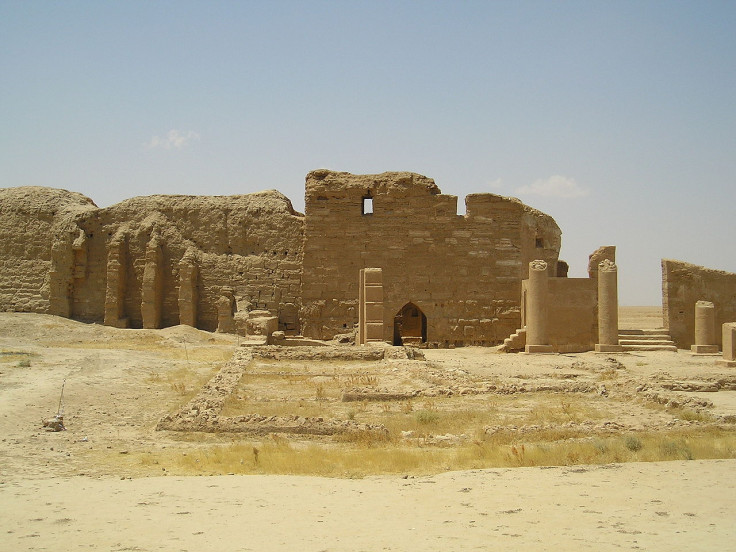Syria: Satellite images reveal four ancient sites heavily damaged in war

Fresh analysis of satellite images of Syria show that four of six major archaeological sites in the country have been heavily looted and damaged in war, according to a new report.
The report by the American Association for the Advancement of Science (AAAS) analyses high-resolution pictures of the sites, namely Dura Europos, Ebla, Hama's Waterwheels, Mari, Raqqa, and Ugarit. These are also the sites which Syria has nominated as World Heritage Sites.
"As we continue to study the conditions at Syria's important cultural sites, we have observed significant destruction that is largely the result of conflict," Susan Wolfinbarger, the author of the report, said in a statement.
Wolfinbarger said that a lot of damage at these sites appeared to be the result of widespread looting.
The report compares the extent of damage done to the sites in 2011 and in 2014. This year's images show pits throughout some sites, while no pits could be seen there in the 2011 images.
"We interpret these pits as evidence of looting due to the distinct craters visible within the satellite images," said Jonathan Drake, a senior programme associate at AAAS.
"This type of documentation really allows us to make a firm statement based on scientific observation of things that have happened at a site," added Wolfinbarger.
The report specially highlights the extensive looting done at four archaeological sites: the ruined city of Dura-Europos that thrived in the third century BC, the early Bronze Age kingdom of Ebla, the ancient Mesopotamian city of Mari that was founded in the early 3rd millennium BC, and at Raqqa.
Syria's cultural heritage that dates back to millennia is imperilled by the war. The country has some of the earliest known cities in human history.
"These images show the destruction of ancient artifacts, architecture, and most importantly, archaeological context that is the record of humanity's past," said Katharyn Hanson, a visiting scholar at AAAS. "From the origins of civilization to the first international empires, Syria's cultural heritage and these sites in particular are vitally important to our understanding of history."
© Copyright IBTimes 2025. All rights reserved.




















